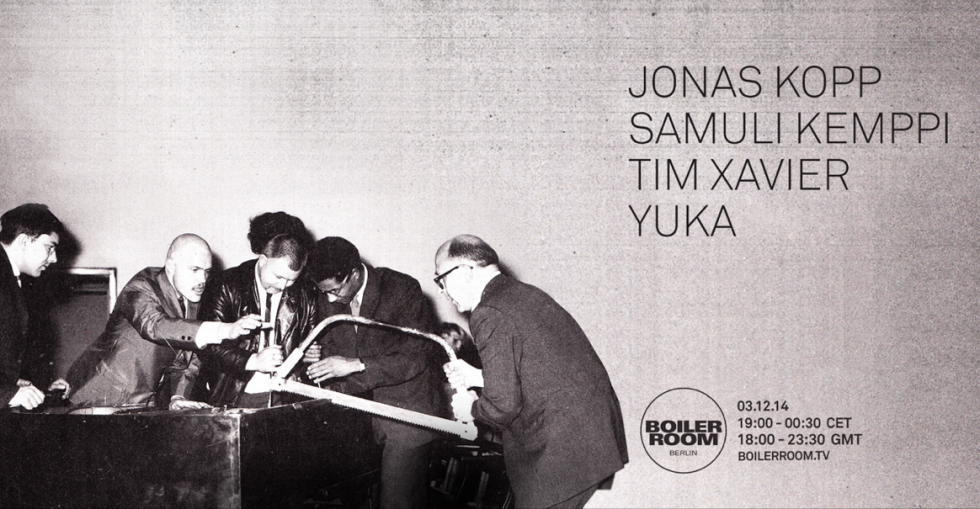
Engrossed by the idiosyncratic essence of the 90’s Río de la Plata’s effervescent electronic scene, Buenos Aires’ native Jonas Kopp’s pivotal role in the Argentine scene has never been more present, pushing through music’s geographical delimitations via unique results: pure techno alchemy. With fully merited disclosure across outputs like Berghain’s Ostgut Ton, Berlin’s label/club twosome Tresor, Developer owned Modularz, Zenker Brothers’ Ilian Tape label, and other relevant canvases, Kopp has sprouted to become a global leading light within the enthralling techno realm via his carefully crafted signature dubbed-out reverberated drum machines and cloudy chord-work combos – His freshly pressed double wax album Beyond The Hypnosis proves this culmination.
Aided by his recent Berlin migration and cultural embracement, Kopp has come to assemble several crucial channels for the output of his diverse droning ambient-soaked techno designs like his very own local fair-winded treasure launcher label Traut Muzik and the mysteriously arcane strictly vinyl release imprints Manzel and UNTIDY. These mediums operated by Kopp in his current whereabouts, serve as a European cultural embassy to link both Argentine local paragons like Andres Zacco and Franco Gonzalez, with key players from the Old World like Dimi Angélis, Stefan Vincent, Regen, in addition to geographical nomads like Espen Lauritzen. The creative exploitation of these genealogical conjunctions are seldom and exemplary, which deserve a very own Boiler Room Berlin broadcast. The German-American Tim Xavier, Russian techno femme Yuka, and the Finland frozen north’s Samuli Kemppi will join Kopp to portray the overflowing influence of the cultural swamp.
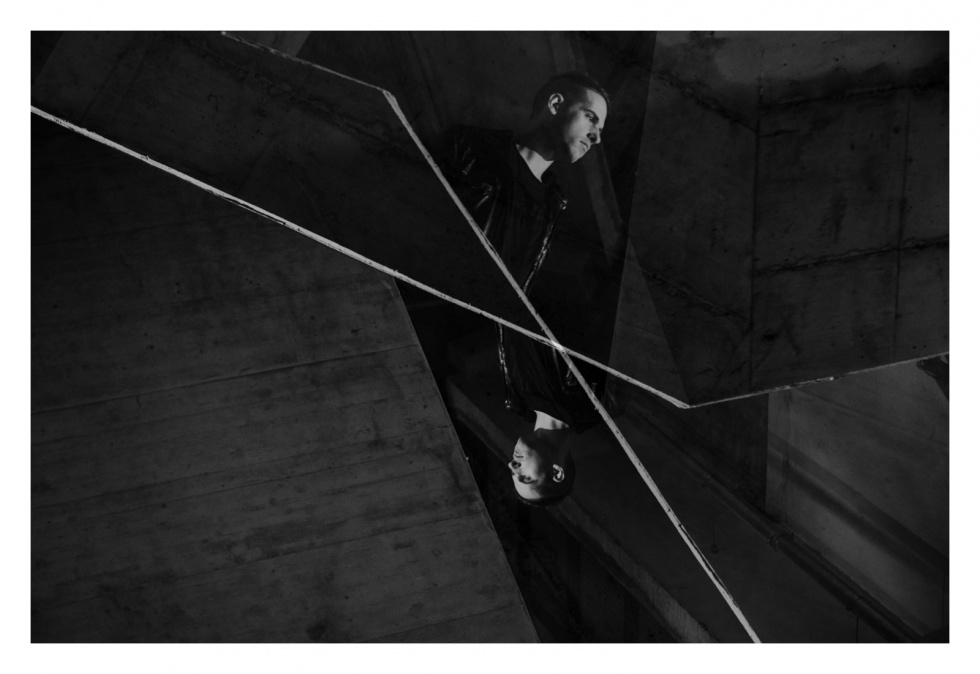
Kopp squeezed in some time to answer some questions for us + shared some nice personal phone shots right before playing Manchester on his busy “Beyond The Hypnosis” album tour.
BR: Earlier this month you posted an open letter/message in Spanish on your Facebook page that initiated a dialogue and constructive analysis regarding Argentina’s club scene. What were you hoping to get out of this post?
Jonas Kopp: My intention was to pacify the scene, join common knowledge, experience and talent to generate something solid. I find way too much superficial criticism over everything that is done there and seldom real compromise to the actual scene. I feel that as of now, I have the possibility of collaborating in a deeper way. I’ve always been very pushing towards the scene’s improvement collaborating with new parties and teaching production classes to new waves of producers. I like the idea of collaborating with new and young artists. My comment was not criticism, if was just a tangible form of what I feel and think that is happening right now. It can be greatly improved, and that is what I am looking for with these kind of messages.
In this same post, you describe the necessity of a utopian venue for the underground scene of the country. How do you think this paradise would be?
Just like it was in the 90s, the golden age of the underground in Buenos Aires, where there were places like La Age, Morocco, Ave Porco, El Dorado, Pantheon, K2, naming a few. Even the first era of the Cocoliche lived through that time, where you could live in a community, where lots of DJs with different styles shared the same posters, where you could live in a general friendship induced climate… Where artists of all genres united to build and generate something magical. Basically this paradise must consist of an ideology based on union and respect, of musical aperture, where the new talents can mix with the old heavy weights, where music is what’s important, like in clubs in Berlin or Europe.
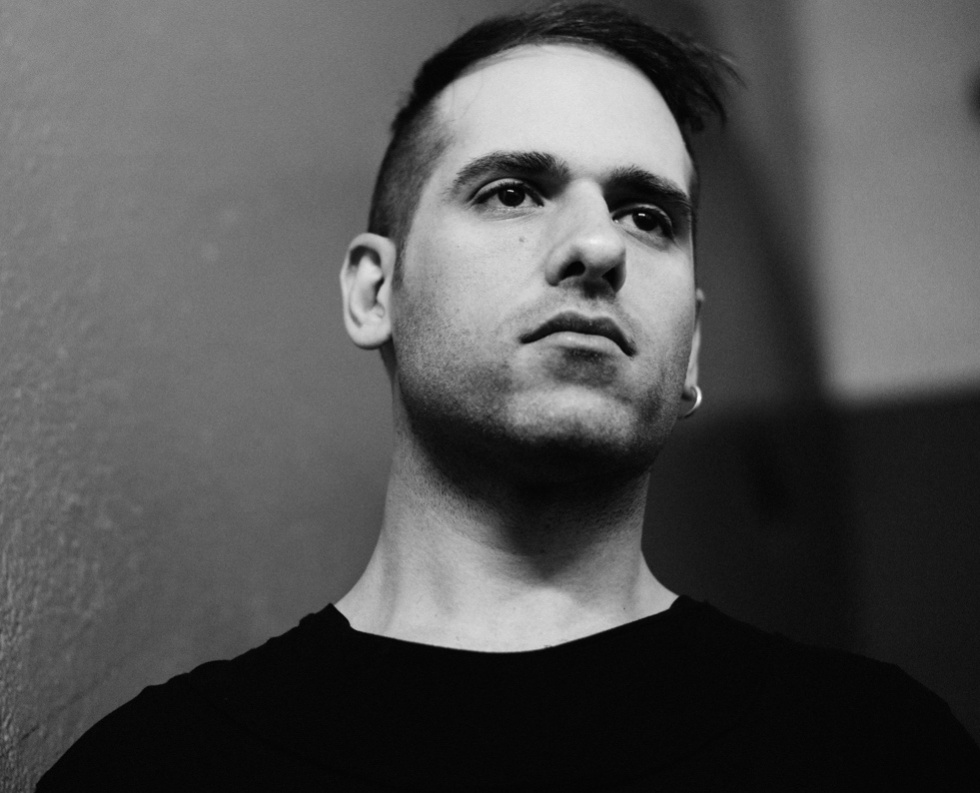
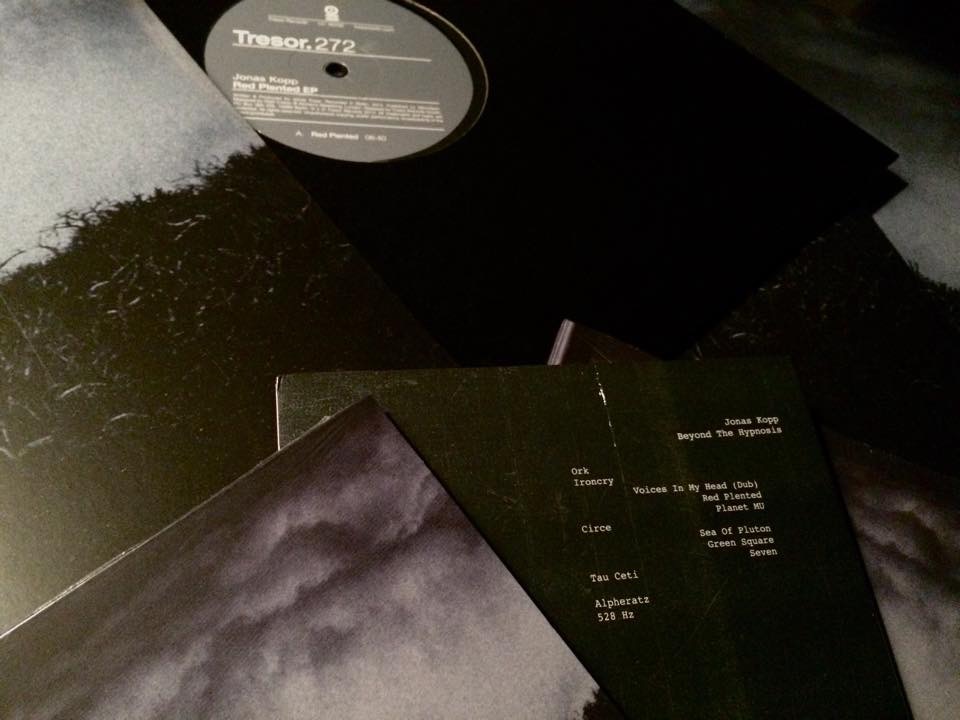
Traut is a German word that is also the name of your own imprint. Do you reckon that Germany has influenced you more than Argentina?
Germany is important to me, coming from a German family. I was born in a German colony in Buenos Aires and I’ve always been linked to this culture in someway or another. Argentina is a great influence as well. It provided me all energy and vitality that is needed. It is a country with a lot of creative energy; the 90’s in Buenos Aires were key to my artistic development. So, I can say that both countries have been strong influences for me.
How and why did you end up living in Berlin?
For necessity and commodity reasons. After only two years here, I have more flowing work . The flights from Argentina are very expensive and are very long. It is better to stay here living in Berlin, since it is very central to travel to Europe every weekend. Also, Berlin offers me the possibility of thinking only in music and to be surrounded by this incredible creative energy and constant artistic atmosphere.
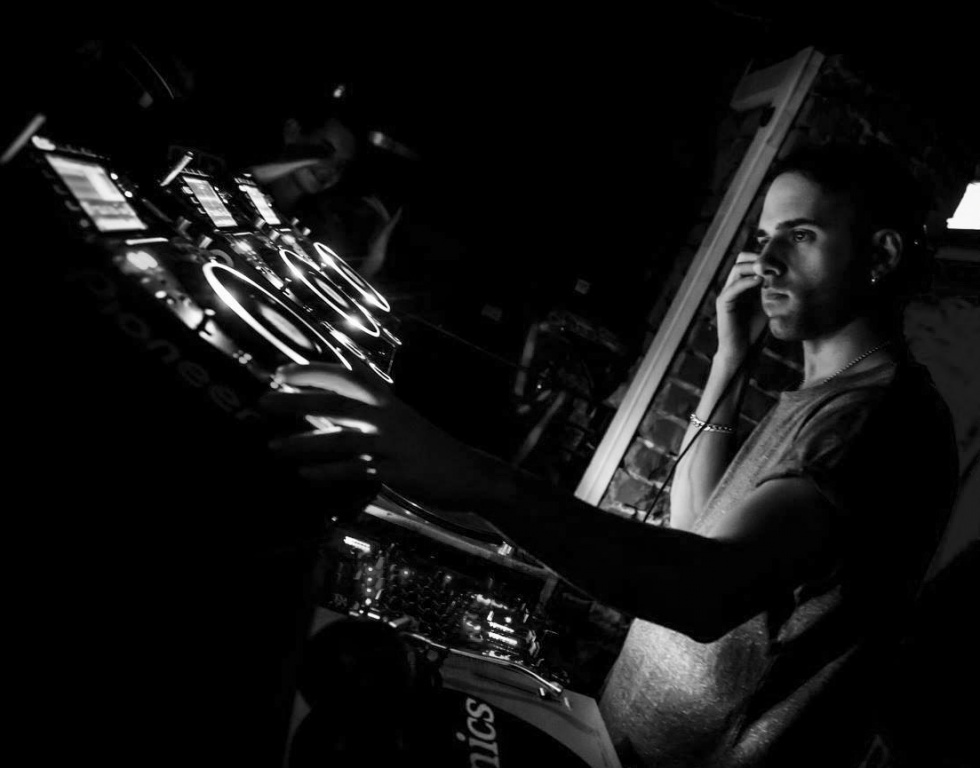
Kopp’s Phone Archives: Quad-ify
A counterpart for Traut exists under the name Manzel, a strictly vinyl release label. Why do you feel it is necessary to use various personal channels for your own music?
Manzel is a totally independent project, where I feel free of editing anything I feel like. I like to have my own independent channels to release what I can’t in other labels. I like to depend less on A&Rs that aren’t that big on the musical side and are only looking for sales. I also own UNTIDY, a 100% house project which also releases in vinyl only with a more colorful presentation. I feel the need to work in different styles, I work different methods out of each one and then I apply them in each other. I feed from all genres. I feel confortable producing ambient, house, techno, IDM, industrial… I’m still in a discovering process and this is how I keep the magic working.
Apart from breathing techno, you are an ambient enthusiast as well. How does your multi-faced taste come together for studio work?
Yes, ambient was created as I was evolving as a person as well. I feel that in the last 2 years of my life I’ve matured in both personal and professional aspects. I am pretty Zen in a way right now. I use ambient in a therapeutic way. When I listen and produce ambient music it does very well for me in many ways. It transports me to a much higher vibrant state. I can see myself producing a lot more ambient in the future. In the studio I compose the style of which I feel most comfortable in at the moment. There are days where I am better off composing techno and others ambient – I can easily read my emotional state clearly which leads me to using studio time more efficiently.
It seems that it is becoming more common to see artists of all kinds of electronic genres, including techno, release full albums. Why do you believe this has become indispensable nowadays?
In my case it was because I feel creatively complete right now. Since several years ago, I’ve had the idea of working on an album but it was this year when I felt that I could offer something interesting musically speaking. I’m not sure if it is indispensable, but it is a great platform to express my most varied ideas and eclectic concepts rather than with an EP.
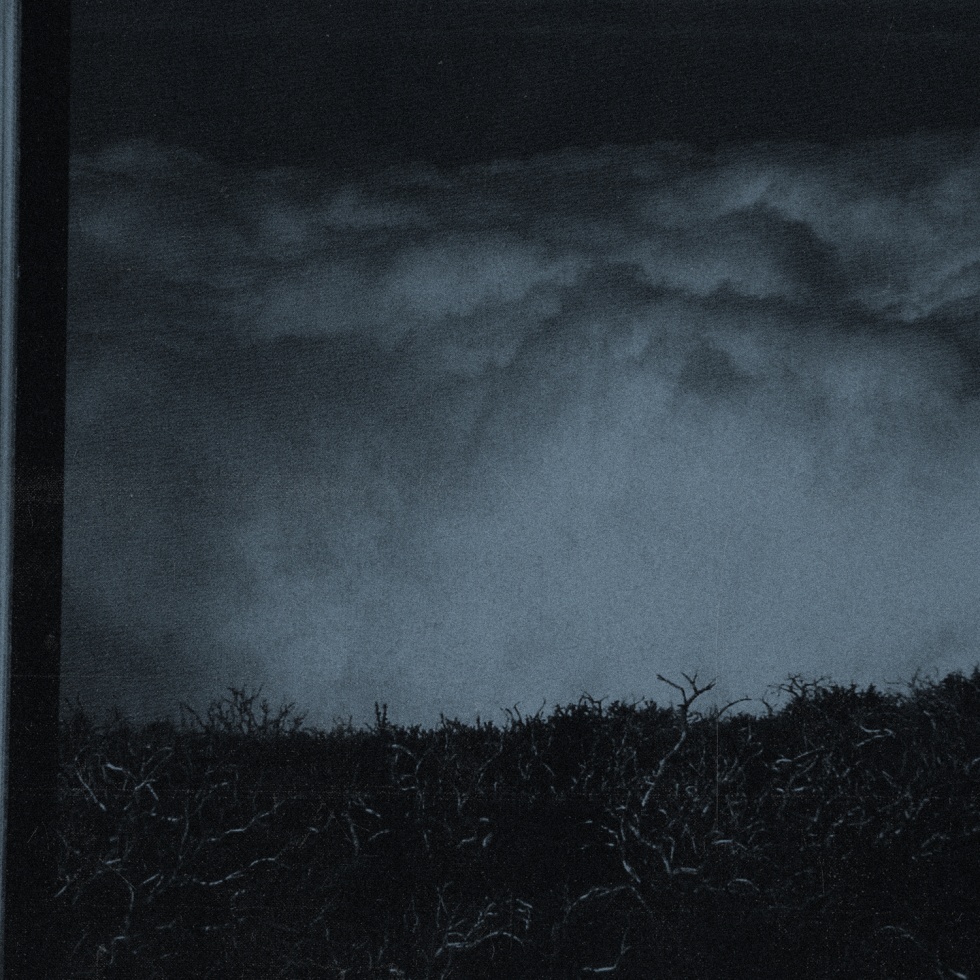
Undoubtedly, “Beyond The Hypnosis” holds an obscure aesthetic ad hoc to your signature style, but within all this darkness, what message did you want to portray in this 11-track package?
I wanted to offer a journey through frequencies. In every track you can hear continuous tonal frequencies. Something that I’ve been studying for a while: I’ve learned that the frequencies according to the spaces they occupy, work directly with our own body and brain frequencies. Predominantly, they move always in the same vibratory range and when a specific sound comes close to this vibratory field you get different reactions. That’s why the album title mentions Hypnosis. Also, I have the idea that darkness develops the auditory capacity. So with this dark aesthetic, it is more important what you can hear rather than what you see.
The album finishes off with an ambient ballad entitled 528 Hz. What does this specific frequency mean to the track and for the album’s closure?
There is a constant tone throughout the track that occupies that frequency range. It was composed with the idea to fit in that range. I felt it was a track that could perfectly seal the album’s end. It is a track that leaves a clear message of love after the preceding aural darkness. It is a track that I dedicated to my daughter Chloe, the most important person in my life.
Lastly, what can we expect from your performance in BR? Any new treasures coming from Traut?
I hope I can surprise the audience with an energetic set, something that I’ve been doing habitually in clubs and festivals even though I never prepare anything. I decide which direction to take in the last minute. I think I will be playing some future Traut EP releases from artists like Dimi Angélis, Espen Lauritzen, Jesse Jakob or Stefan Vincent.